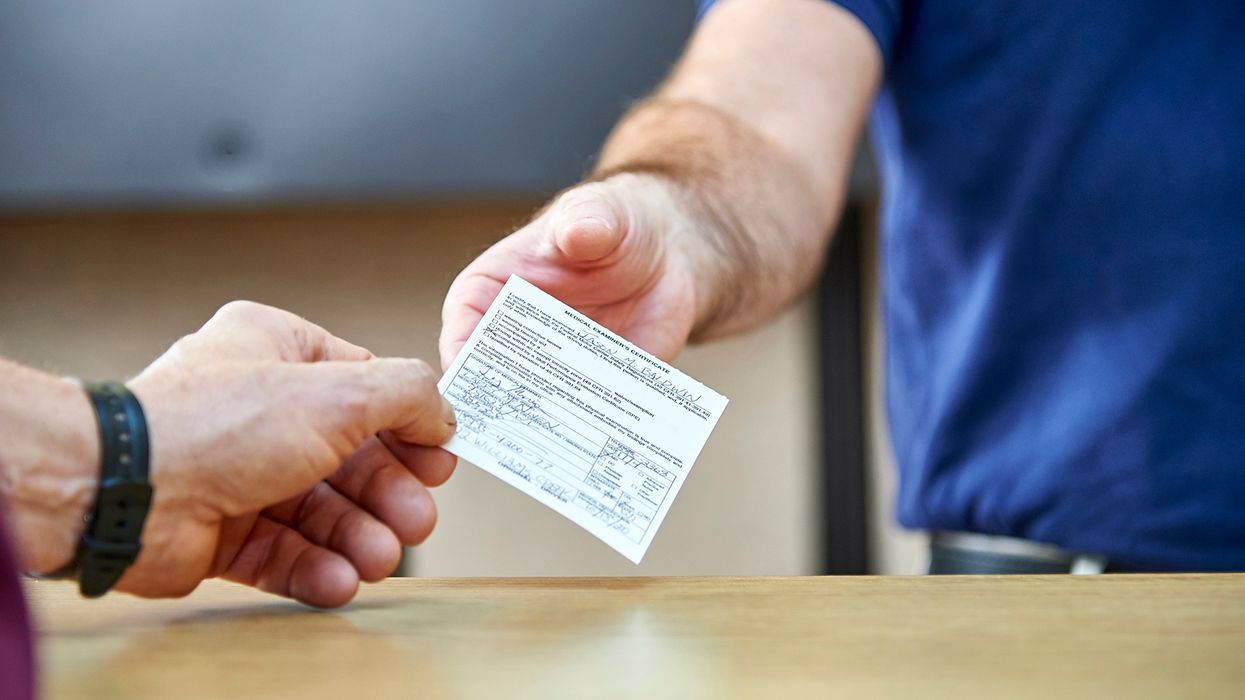Make sure you’re not overlooking these miles for IFTA and IRP
Whether you’re tracking your vehicle mileage on paper or using an electronic recording device, are you certain you’re capturing mileage accurately?
Under the International Fuel Tax Agreement (IFTA) and the International Registration Plan (IRP), you’re required to keep detailed distance data to file accurate returns and registrations and to prove your operations in the event of an audit. But sometimes rumors fly about what must be tracked and what can be left out.
Sometimes, it gets complicated and confusing. To help, we’ve compiled this list of the top four types of miles that carriers tend to overlook in their IFTA and IRP mileage tracking:
- Short, local trips. You’re required to keep track of all vehicle miles, including those trips that occur in your immediate area or region. For example, a driver needs to travel 30 miles to the next town to bring the truck in for a repair. This mileage needs to be tracked and reported under the IFTA and the IRP. There are no exceptions in either the IFTA or IRP regarding local distance. Ensure drivers are tracking these types of trips.
- In-jurisdiction travel. Somewhere along the way, drivers became confused about in-jurisdiction miles. Some think these miles do not need to be tracked. The truth is, in-jurisdiction travel must be tracked, just like all other trips. It may be that your operation is more seasonal in nature and your trucks stay within your base jurisdiction four months out of the year, for example. That’s perfectly fine, but during those four months, you still need to track all in-jurisdiction distance and fuel as part of your obligations under IFTA and IRP; there are no exceptions.
- Off-highway miles. The issue of off-highway miles, agricultural miles, forest road miles, and other similar types of miles can be confusing. It’s confusing because not all states have the same rules. Off-highway miles may be exempt from tax in Kansas, for example, but in neighboring Nebraska, off-highway miles are not exempt and must be reported. The important thing to note here is that not all jurisdictions are created equal when it comes to their exemptions. Be sure to do your research — always ensure you qualify for the exemption before applying it to your operation.
- Personal conveyance miles. Under the Federal Motor Carrier Safety Administration (FMCSA) hours of service regulations, drivers are allowed to operate under a “personal conveyance allowance,” meaning that while operating a commercial vehicle for personal use, the driver is off duty during that time. That’s all well and good under FMCSA rules, but when considering those miles traveled for IFTA and IRP purposes, they must be tracked.
Remember, FMCSA and IFTA/IRP are not under the same regulatory agencies. If your drivers regularly use the personal conveyance allowance, make sure they have a method by which they can track their miles for IFTA and IRP reporting.
If for some reason any of these types of miles are not tracked for IFTA and IRP, and it’s discovered in an audit, it can mean trouble. Auditors finding these types of missing miles will assume they haven’t been tracked by every vehicle in your fleet. Assessments applied across your entire fleet can get very expensive, very quickly. It’s important to ensure these four mileage types are tracked accordingly.
Key to remember: Ensuring that your distance recordkeeping controls are solid and complete is one major key to avoiding significant audit assessments and penalties.























































